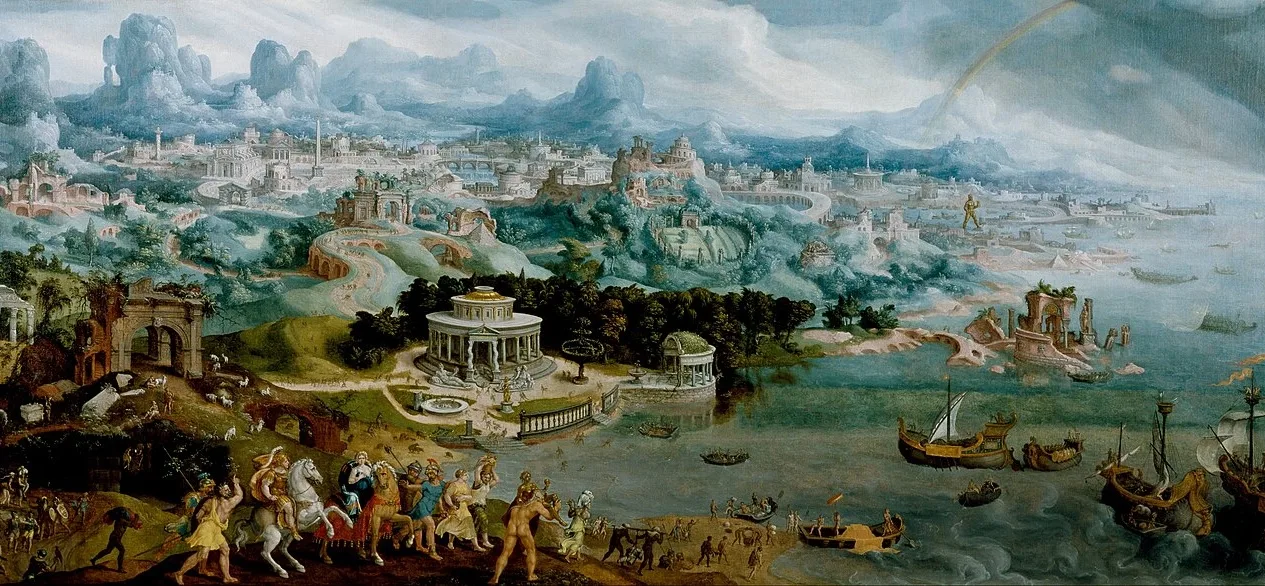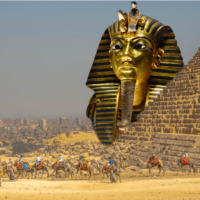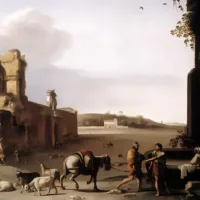Discover the wonders of ancient Greece as we delve into its rich history. In this exploration, we’ll uncover the remarkable achievements of ancient Greek city-states, the influence of geography on trade and communication, and the enduring impact of Greek democracy and rationalism on modern society. Find out what the Minoan and Mycenaean Civilizations had to do with the History of Ancient Greece!
Early Aegean Civilizations
Minoan Civilization
The Minoan civilization, flourishing on the island of Crete during the Bronze Age, was characterized by its advanced urban centers, vibrant art, and sophisticated trade networks. The Minoans developed a unique writing system called Linear A, although it remains undeciphered. Their cities, such as Knossos, featured intricate palaces with elaborate frescoes depicting daily life, religious ceremonies, and mythological scenes. Minoan society was remarkably egalitarian compared to other ancient civilizations, with women enjoying higher status and participation in public life. Their economy thrived on maritime trade, connecting Crete with Egypt, Anatolia, and other Aegean islands.
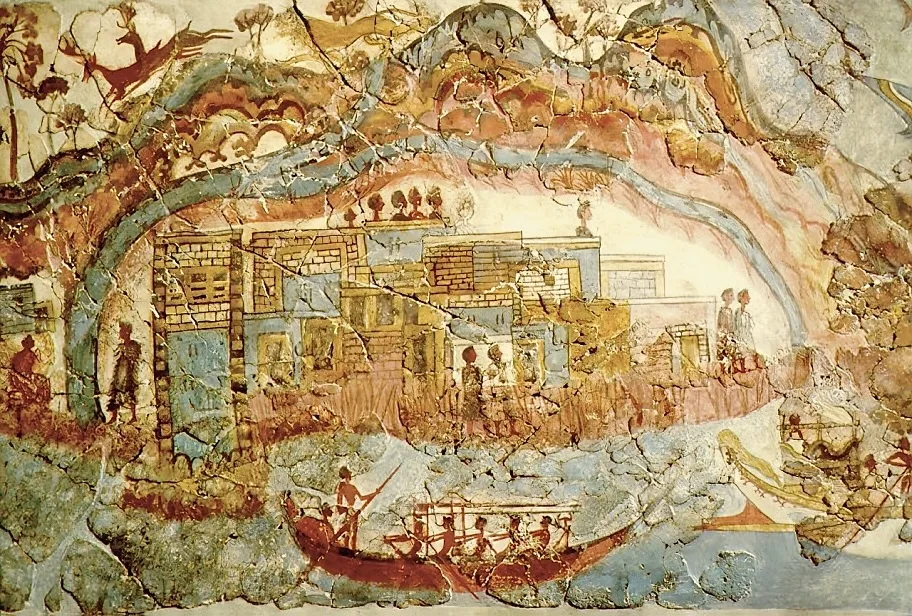
Mycenaean Civilization
The Mycenaean civilization, which emerged on the Greek mainland around the second millennium BCE, is renowned for its fortified palaces, warrior culture, and epic poetry. The Mycenaeans inherited much from the Minoans, including their writing system, Linear B, which has been deciphered and provides insights into their administrative records and economic activities. Mycenaean palaces, like those found in Mycenae and Pylos, served as centers of political, economic, and religious power. These citadels were adorned with impressive architecture and served as focal points for trade and tribute collection. The Mycenaeans were skilled warriors, as evidenced by their elaborate tombs containing weapons, armor, and treasures. Their exploits inspired legendary tales like the Trojan War, immortalized in Homer‘s epic poems, the Iliad and the Odyssey.
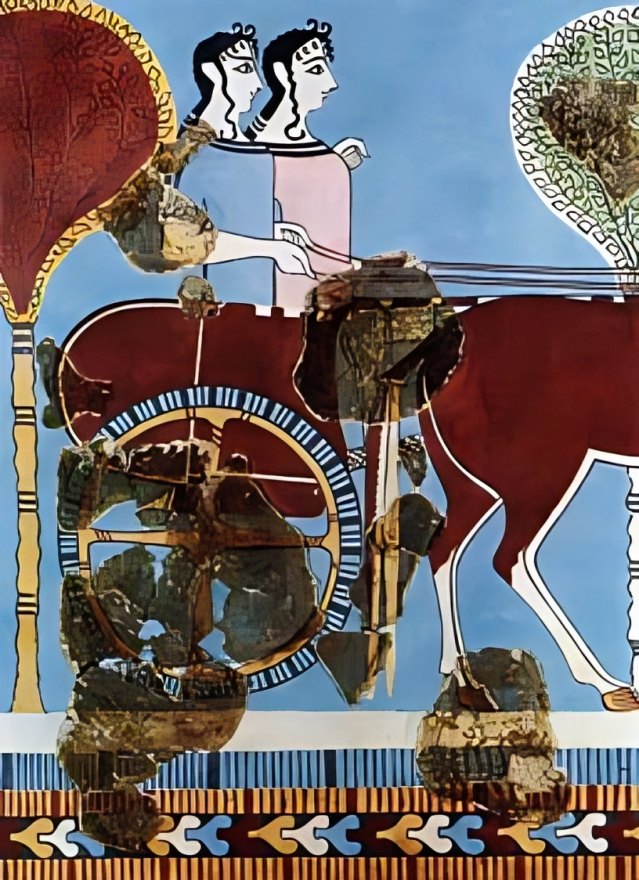
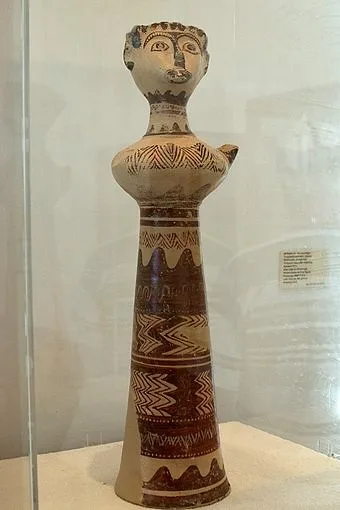
Importance of Minoan and Mycenaean Civilizations
The Minoan and Mycenaean civilizations laid the foundation for Ancient Greek culture, influencing later Greek city-states in areas such as art, architecture, trade, and governance. Their contributions endure in modern archaeological discoveries, artistic masterpieces, and the enduring myths and legends that continue to captivate audiences worldwide. By understanding the rich tapestry of these early Aegean civilizations, we gain valuable insights into the origins of Western civilization and the enduring legacy of Ancient Greece.
The Archaic Period
During the Archaic Period, Greece experienced a remarkable transformation, emerging from the Dark Ages characterized by social and economic decline. The resurgence began with the establishment of city-states, such as Athens and Sparta, which became centers of political, economic, and cultural activity. Art flourished during this period, as evidenced by the introduction of the kouros and kore statues, which depicted idealized human forms with a sense of naturalism and vitality. Literature also saw significant growth, with the emergence of epic poetry, notably Homer’s Iliad and Odyssey, which immortalized heroic deeds and mythical tales. Philosophy began to take root, with thinkers like Thales and Pythagoras laying the groundwork for rational inquiry and scientific exploration. The Archaic Period laid the foundation for the classical Greek civilization that followed, setting the stage for unprecedented cultural, political, and intellectual achievements.
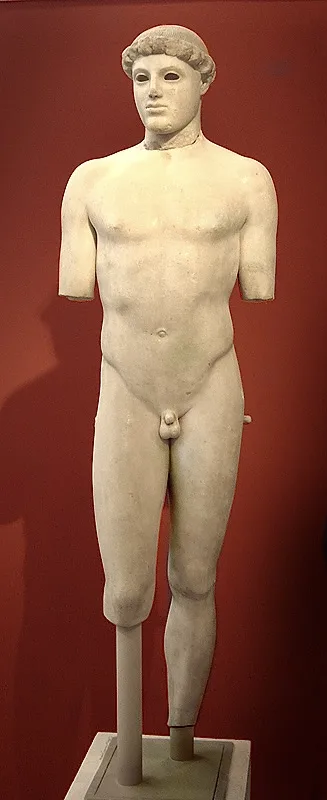
Geography and Economy
Geography of Ancient Greece
Ancient Greece is characterized by its diverse landscape, comprising rugged mountains, numerous islands scattered throughout the Aegean and Ionian Seas, and a jagged coastline that stretches for thousands of kilometers. The mountainous terrain of Greece, dominated by mountain ranges such as the Pindus and the Peloponnese, played a significant role in shaping the region’s geography and culture. The presence of mountains created natural barriers between different regions, leading to the development of independent city-states with distinct identities, such as Athens, Sparta, and Corinth. The islands of Greece, including Crete, Rhodes, and Cyprus, provided strategic locations for maritime trade and served as centers of commerce and culture. The extensive coastline of Greece facilitated maritime trade and communication, connecting the Greek city-states with other civilizations in the Mediterranean region.

Impact of Geography on Trade, Agriculture, and Communication
The rugged terrain of Greece limited the availability of arable land, leading to a reliance on small-scale agriculture, with crops such as grains, olives, and grapes being cultivated in terraced hillside plots. Despite the challenges posed by its geography, Greece emerged as a major trading power in the ancient world, leveraging its maritime access to establish lucrative trade routes with neighboring civilizations. The sea became a vital lifeline for Greek city-states, facilitating the exchange of goods, ideas, and cultural influences, and contributing to the flourishing of art, philosophy, and science.
City-States of Ancient Greece
Ancient Greece was not a unified nation but rather a collection of independent city-states, each with its own government, laws, and culture. Athens, known for its democracy and cultural achievements, emerged as a leading city-state, fostering advancements in philosophy, art, and literature. Sparta, renowned for its military prowess and discipline, maintained a rigid social structure focused on producing elite soldiers known as Spartans. Corinth, strategically located on the isthmus connecting the Peloponnese peninsula to mainland Greece, was a major maritime power and commercial hub. Thebes, although often overshadowed by Athens and Sparta, played a significant role in Greek history, particularly during the period of Theban hegemony in the 4th century BCE.
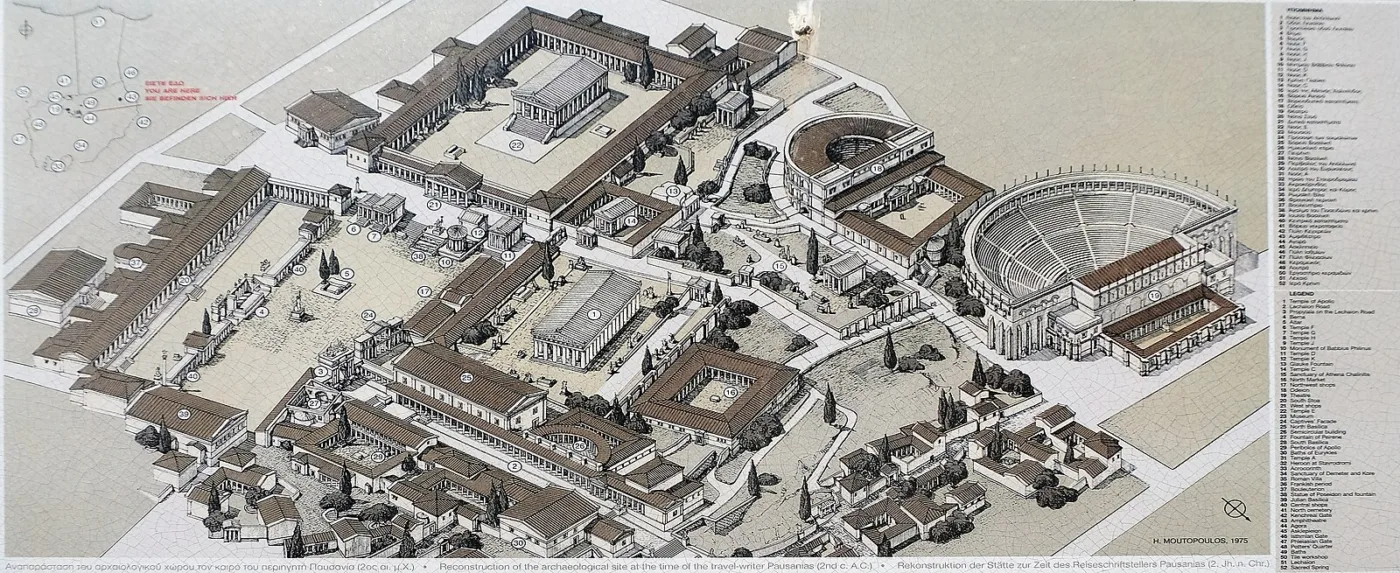
Greek Colonization and Influence
Greek colonization was driven by factors such as overpopulation, economic expansion, and the search for new trade opportunities. Greek colonies, known as “apoikia,” were established throughout the Mediterranean, including in regions such as Sicily, southern Italy, and the Black Sea coast. These colonies served as important centers of trade, spreading Greek culture, language, and customs to distant lands and influencing the development of local civilizations. Ancient Greek city-states like Athens, Sparta, Corinth, and Thebes were instrumental in shaping the political, social, and cultural landscape of the Mediterranean through colonization and trade, leaving a lasting legacy that continues to resonate today.
Culture, Art and Science
Athens as the Birthplace of Democracy
Athens, the ancient Greek city-state, holds a special place in history as the birthplace of democracy, where citizens had a voice in their government and participated in decision-making processes. In Athens, democracy took root in the 5th century BCE under the leadership of statesmen like Cleisthenes and Pericles, who implemented reforms to empower ordinary citizens and create a system of direct democracy. The Athenian democratic system allowed citizens to vote on laws, elect officials, and participate in public debates in the Assembly, demonstrating a commitment to equality and civic engagement.
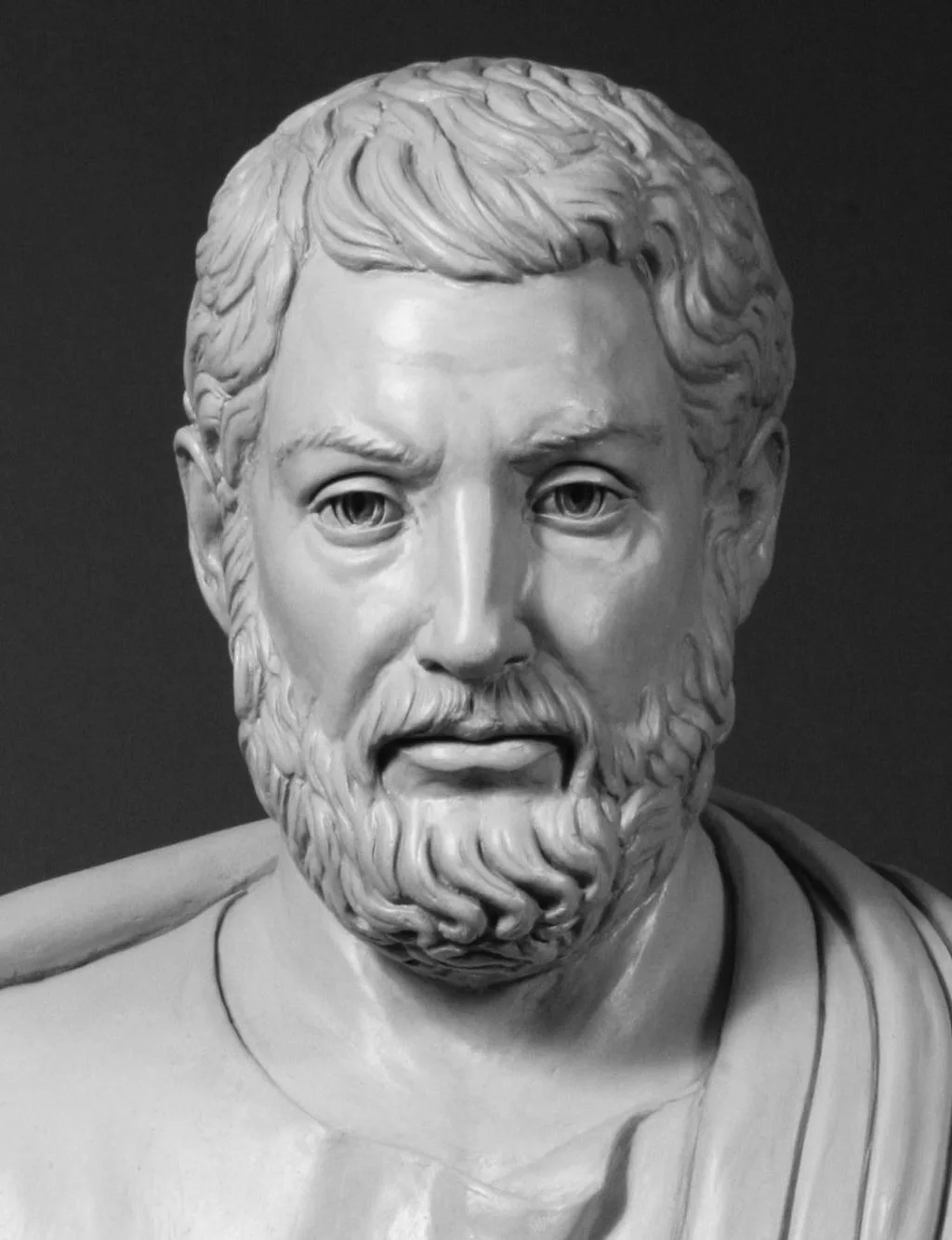
Impact of Democratic Principles on Modern Systems
The democratic principles pioneered in Athens have had a profound impact on modern political systems worldwide, shaping notions of citizenship, representation, and governance. In modern democracies, such as those found in the United States, Europe, and beyond, citizens enjoy rights and freedoms inspired by the Athenian model, including the right to vote, freedom of speech, and the rule of law. The concept of democracy continues to evolve, with ongoing debates about its implementation, effectiveness, and challenges in ensuring inclusivity and representation for all members of society. In summary, Athens’ legacy as the birthplace of democracy reverberates through the ages, inspiring movements for freedom and equality and serving as a beacon of hope for those who seek to govern themselves through democratic means.
Contributions to Philosophy and Science
Greek philosophy blossomed during antiquity, with notable figures such as Socrates, Plato, and Aristotle laying the groundwork for Western intellectual tradition. Socrates, known for his Socratic method of questioning, encouraged critical thinking and self-examination, challenging conventional wisdom and sparking intellectual debate. Plato, a student of Socrates, founded the Academy in Athens and wrote philosophical dialogues exploring topics such as ethics, politics, and metaphysics. Aristotle, another student of Plato, made significant contributions to a wide range of fields, including logic, biology, and ethics, laying the groundwork for scientific inquiry and empirical observation.
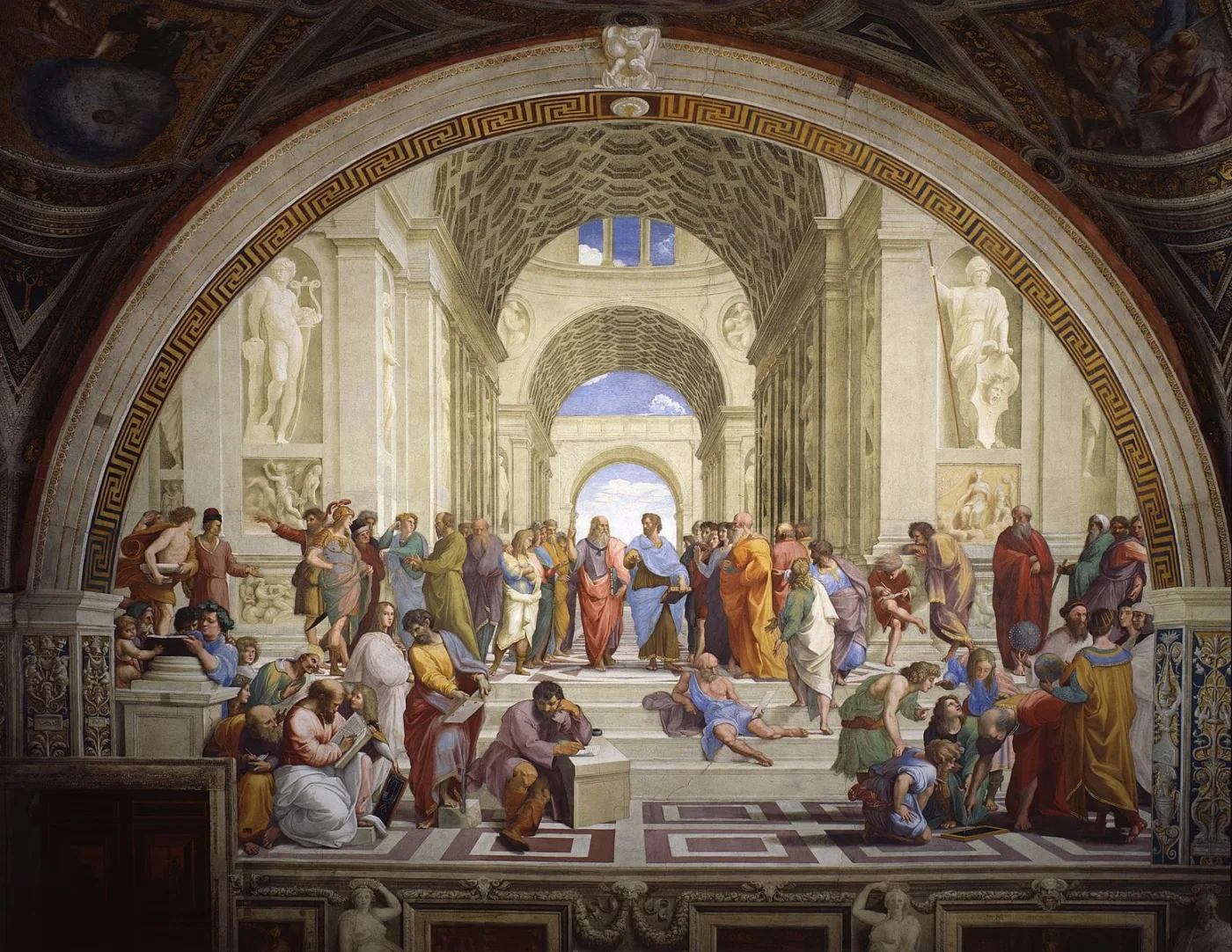
Greek rationalism, characterized by a commitment to reason and logic, has had a profound impact on Western thought, shaping disciplines such as philosophy, science, and politics. The philosophical teachings of Socrates, Plato, and Aristotle provided a framework for understanding the world and encouraged the pursuit of truth through rational inquiry. The scientific methodologies developed by ancient Greek scholars laid the foundation for modern scientific inquiry, emphasizing observation, experimentation, and logical deduction. The contributions of Greek philosophers like Socrates, Plato, and Aristotle have left an indelible mark on Western thought, inspiring generations of thinkers to explore the mysteries of the universe and the nature of existence through reason and inquiry.
Greek Art and Architecture
Greek art and architecture are renowned for their beauty, symmetry, and attention to detail, reflecting the ideals of harmony and balance that defined the ancient Greek aesthetic. The Parthenon, a majestic temple dedicated to the goddess Athena, stands as a symbol of classical Greek architecture, with its Doric columns, pediment sculptures, and friezes depicting mythological scenes. Other iconic examples of Greek architecture include the Temple of Zeus at Olympia, the Erechtheion on the Acropolis, and the Theater of Epidaurus, showcasing the ingenuity and craftsmanship of ancient Greek builders.
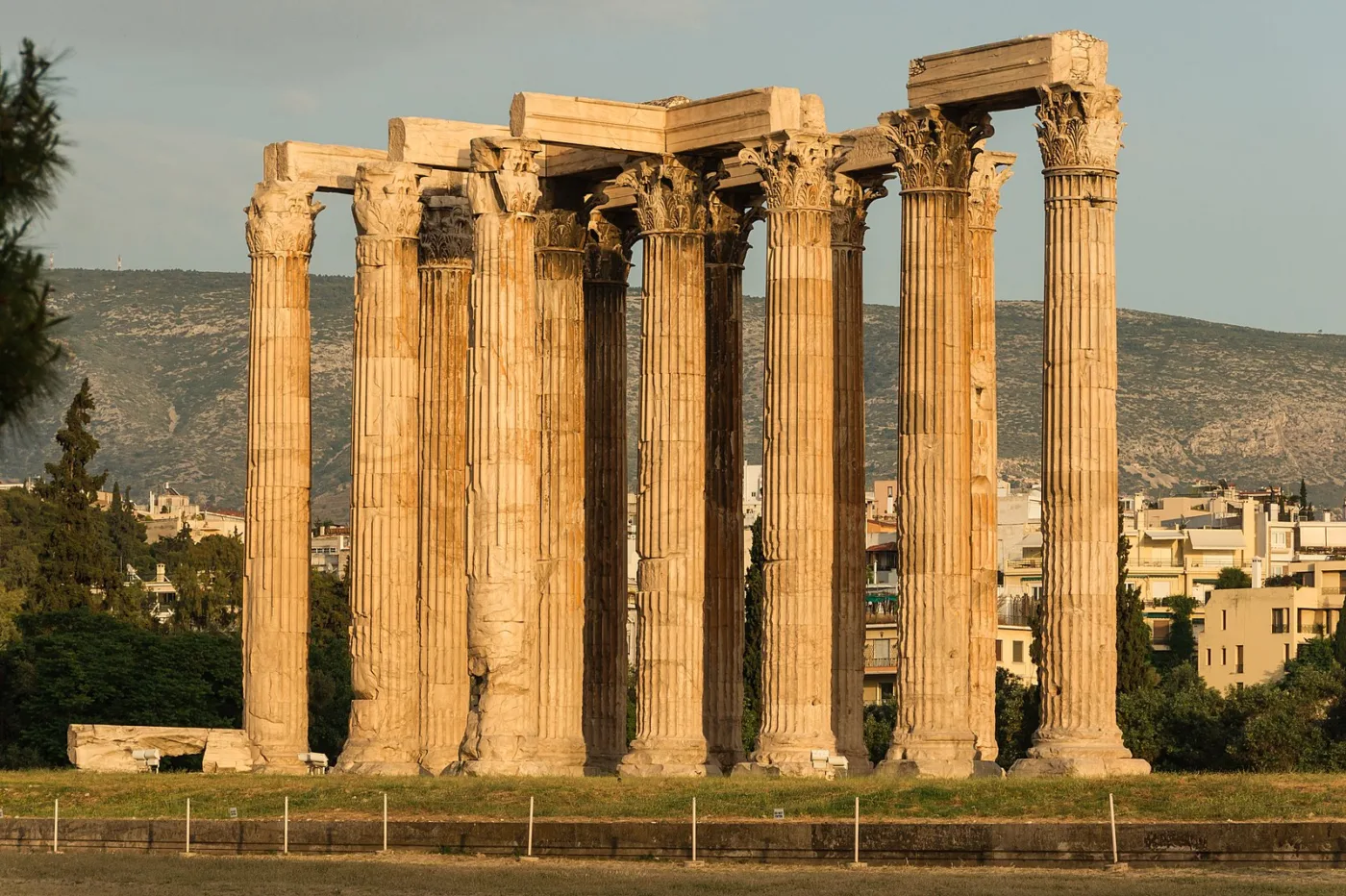
Greek Mythology and its Influence
Greek mythology, a rich tapestry of gods, heroes, and mythical creatures, has captivated imaginations for centuries and continues to inspire literature, art, and popular culture. The stories of gods like Zeus, Athena, and Apollo, and heroes like Heracles and Perseus, have been immortalized in epic poems, tragic plays, and works of art, celebrating the triumphs and tragedies of the human experience. Greek myths explore universal themes such as love, jealousy, and fate, resonating with audiences across cultures and generations and serving as a timeless source of inspiration for artists and writers.
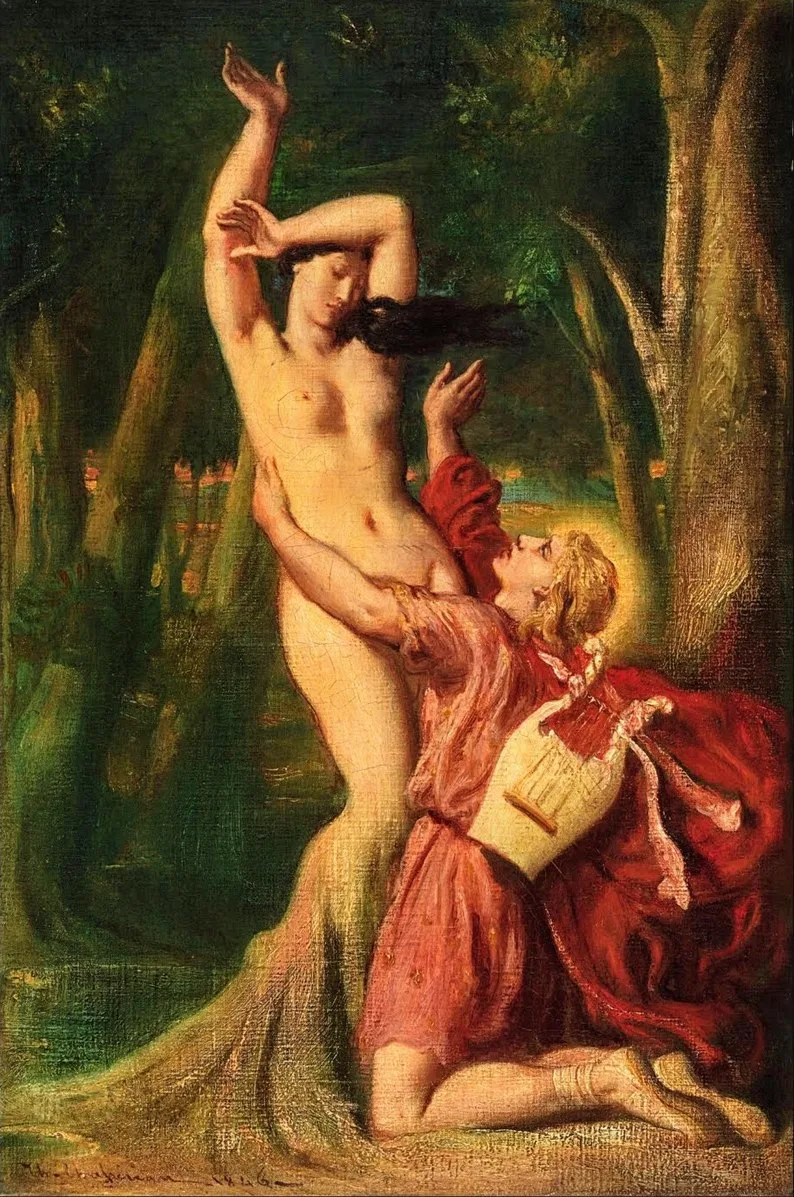
More of → Ancient Civilizations ←
FAQ
1. What made the Minoan civilization special?
The Minoan civilization flourished on the island of Crete during the Bronze Age, known for its advanced urban centers, vibrant art, and sophisticated trade networks.
2. Who were famous Greek thinkers?
Socrates, Plato, and Aristotle were renowned Greek philosophers. Socrates encouraged critical thinking, Plato founded the Academy and wrote philosophical dialogues, while Aristotle made significant contributions to logic, biology, and ethics.
3. Why is the Parthenon important?
The Parthenon, dedicated to the goddess Athena, is a symbol of classical Greek architecture, featuring Doric columns, pediment sculptures, and mythological friezes.
4. How did Greek mythologies affect art and literature?
Greek mythology, with its tales of gods, heroes, and mythical creatures, has inspired epic poems, tragic plays, and works of art, exploring universal themes such as love, jealousy, and fate.
5. How did Greek thinking change the world?
Greek rationalism, characterized by a commitment to reason and logic, shaped disciplines like philosophy, science, and politics, inspiring thinkers to explore the nature of existence through rational inquiry.

